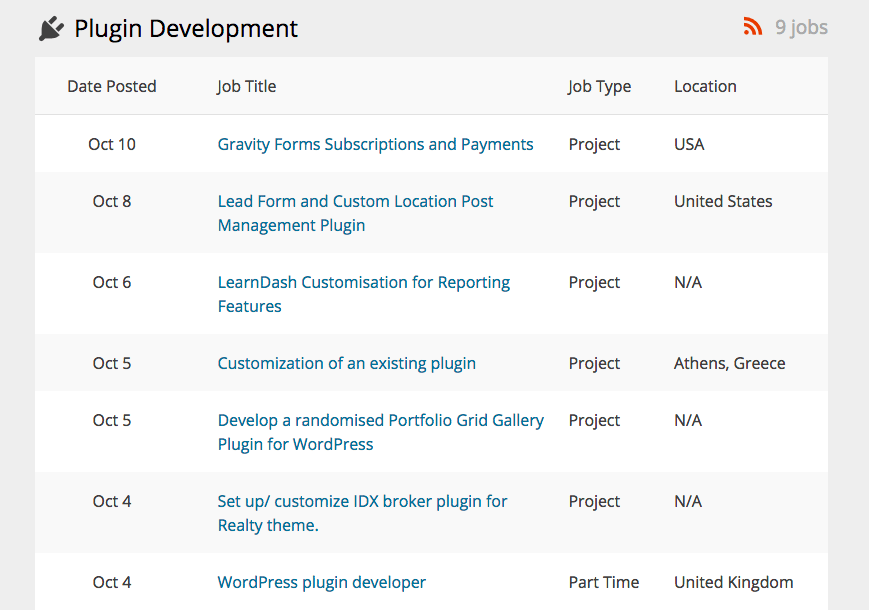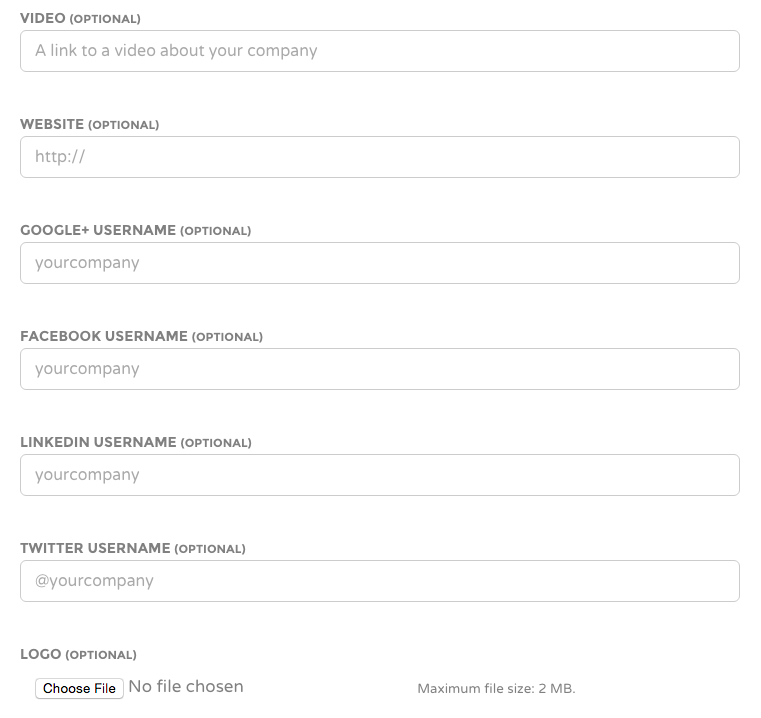There’s no doubt that it’s possible to make an excellent living selling WordPress plugins as a solo developer. But what do you do when you can no longer handle every aspect of your business alone?
When you’re looking to expand your operations, you’ll need to bring on qualified staff. The question is, who do you hire and where do you start?
You don’t want to waste precious time churning through candidates while your business growth stagnates. You need to know when to bring on the right people and where to look for them.
Keep reading to learn the four key areas you’ll need to consider hiring in, as well as our recommendations for where to look for the best.
Hiring Customer Support Staff to Support Your Plugin Users
As we’ve seen before on the blog, ensuring your plugin has proper support is critical for overall success. Problems with plugins do inevitably arise, and the faster you can help resolve these issues the happier your customers will be.
When offering plugin support, how in-depth will your support be? The questions below will help you consider the best route to take:
- Will you need to maintain a dedicated support forum?
- Will your support staff need to be extremely technically-minded, or are they handling general service requests?
Once you’ve established your staffing goals, you can move forward with finding the right person. Follow our two-step model below.
1. Reach out to Existing Customers
Use your email list or social media platforms to put the word out that you’re looking to fill support positions. It makes sense to initially poll the people who are already using or interested in the plugin. You’re likely to get excellent pointers and possibly even a few direct candidates.
2. Hit the Job Boards
Plugin support is likely to require a blend of communication and technical ability. Start fielding candidates from job boards with a specific technical focus. The following are all solid options:
Hiring General Admin to Keep Payments in Order
There’s no avoiding payment processing when you’re running a plugin business. Put simply, you won’t have a business if you can’t get paid. Luckily, we make getting paid for your plugins very easy.
All the same, managing payments can take a lot of time, even with software like ours, which streamlines the payment process.
Many plugin developers opt to bring on a team member to handle general admin and low-level payment processing. This helps free up more valuable time for development rather than invoice chasing.
Here are two routes to explore.
1. Lean on Technology
When it comes to managing and keeping track of finances, you can save a lot of manual work by using tools such as Xero. These also make your eventual interactions with accountants and bookkeepers that much more organized and pain-free.
2. Use Outsourcing
Virtual assistants help ease the overall admin load and can handle many routine admin and payment-related tasks. Modern outsourcing accounting services like Bench also enable you to offload much of the remaining bookkeeping load on your own terms.
Hiring for Ongoing Lead Generation
Once you have a solid foundation for your plugin business, you’ll want to ensure traffic and leads continue to flow your way. Common marketing methods that plugin developers tend to focus on are social media and content marketing.
You can either learn how to do this yourself, which is entirely possible or bring on a team member who already understands the market and knows how to generate leads for your business.
Marketing-specific job boards are out there, and the following are all great places to start your search:
A word of caution: marketing is a particularly hard role to hire for, particularly in a small lean business. You’re looking for doers, not talkers. Consider a results-led, project-based, trial engagement to begin with to avoid getting burned with the wrong hire.
Expanding Your Existing Team of Developers
Can you currently handle all of the necessary development tasks of your business? If you’re trying to juggle every aspect of your business alone, you’re going to end up working much longer hours, often with not much to show for it.
To make the best hiring decision, you’re going to need to clear some time to take stock of where your strengths lie. Are you going to continue developing new features for your plugins? Or, do you see yourself in more of a managerial role?
When assessing candidates, begin by insisting on seeing some real code samples (Github-based or otherwise) and evidence of successfully completed commercial projects in the past.
It’s then usually best to start with a small test project to see if you work well together. Real interaction on shared code is a reliable way of raising red flags early.
Numerous WordPress-oriented job sites exist. Here’s a quick intro to two of the best.
1. WordPress.net

When posting on jobs.wordpress.net, make sure you post every detail possible about your project, as well as your expectations for the role. Think about what kind of developers you want to attract and tailor your post accordingly.
2. WPHired

WPHired has an incredibly in-depth form to fill out in order to post a job. However, the added time spent will be worth it, as you’ll be able to reach WordPress experts around the globe.
Start with these focused job boards before casting your net wider on sites such as Upwork.
Conclusion
Your needs will vary depending on the exact type of plugin business you run and what stage you’re at, but getting extra hands on deck is something every plugin developer has to tackle at some stage. Luckily, building a team doesn’t have to be an incredibly difficult and frustrating process.
By focusing on core areas such as customer support, general admin and finances, lead generation, and development, you free up more of your time to work on your business rather than in it.
Exploring outsourcing in any of those areas, using the resources we’ve listed, is a great way of scaling up hiring at your own pace without risking everything on one person.
Any staff or hiring tips we’ve missed? Please share your thoughts in the comments below.








Nice post..